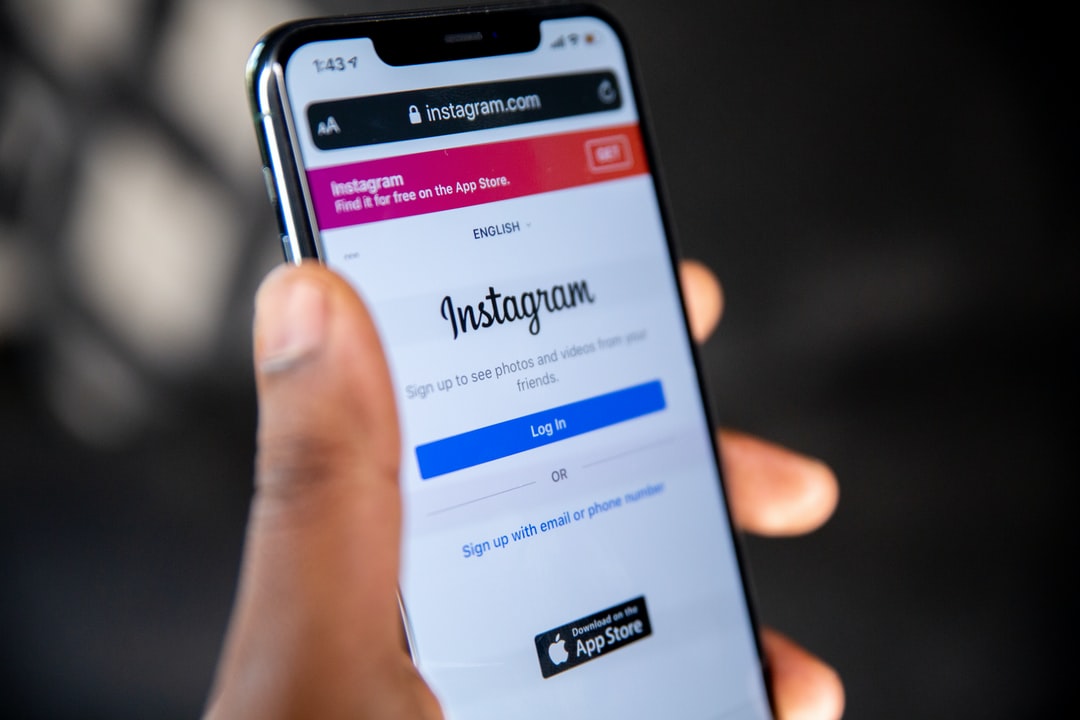Published on: 05/08/2022
Meta launches Instagram blockchain integration in over 100 countries

Meta has launched a digital collectibles feature on Instagram in over 100 countries, allowing creators to mint their own NFTs on the platform following three months of beta testing.
Creators now have access to a variety of NFT and blockchain-related features, and users can link their Instagram accounts with their Coinbase wallet and the Dapper wallet alongside displaying NFTs they own from other wallets such as Rainbow, Trust Wallet, and MetaMask.
Mark Zuckerberg announced we’re rolling out digital collectibles to 100 more countries. Now, more people, creators and businesses can showcase their #NFTs on @instagram.
We're also launching integrations with @CoinbaseWallet @hellodapper and support for @flow_blockchain.
— Meta Newsroom (@MetaNewsroom) August 4, 2022
If users own any digital collectibles powered by Flow, Ethereum, or Polygon, those can be showcased on Meta’s social media platforms with no fees. Creators can mint new NFTs on the Flow blockchain directly on Instagram itself. The company has also hinted that NFT functionality would be coming to Facebook as well.
Feedback regarding the update has been largely mixed due to the reputation surrounding blockchain technology and NFTs. While some users and creators are excited about the potential community interaction possible through Web3 integration, others are more cautious.
To address the complaints, Instagram has said that NFTs would still be subject to community guidelines, allowing users to report any NFT that risks harming the user base. It will also be purchasing renewable energy and has pushed for others in the Web3 ecosystem to put sustainability at the forefront to address any environmental concerns.
With so many users and creators on the platform, only time will tell how much Instagram’s creator ecosystem will change as a result of the integration.
About Meta and its future plans
Meta, formerly known as Facebook, was founded by CEO Mark Zuckerburg in 2003 as FaceMash. The website changed its name to TheFacebook in 2004 and was initially only available to Harvard students before expanding to most United States and Canadian universities.
By 2006 it was available to the general public and had over 6 million users, and it is still one of the most widely used social media sites to this day. The company changed its name to Meta in 2021 as the firm began to expand from just social media into VR and blockchain technology.
As the owner of some of the largest social media platforms in the world, Meta is uniquely poised to introduce NFTs and blockchain technology to the general public. Meta has announced plans to integrate blockchain technology and features with its existing services alongside developing metaverse-related technology.
Despite NFT stocks and general activity in crypto spheres dwindling recently, Meta is still committed to pushing out updates using Web3 and blockchain technology. Zuckerburg talked about his view of the metaverse and Meta’s projections for the future in a June 2022 interview:
“We hope to basically get to around a billion people in the metaverse doing hundreds of dollars of commerce, each buying digital goods, digital content, different things to express themselves, so whether that’s clothing for their avatar or different digital goods for their virtual home or things to decorate their virtual conference room, utilities to be able to be more productive in virtual and augmented reality and across the metaverse overall.”



